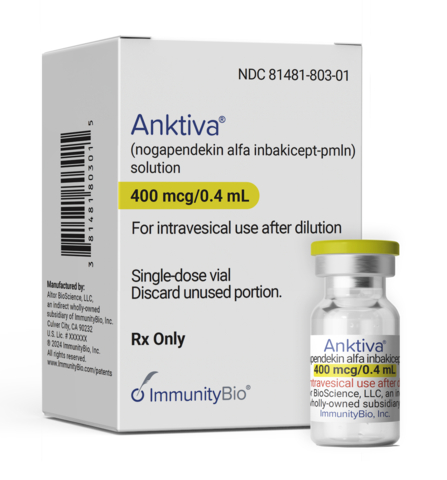A new study has shown that taking GLP-1 agonists like Ozempic for weight loss increases the risk of rare but serious gastrointestinal conditions such as pancreatitis, intestinal blockage and gastroparesis (also called stomach paralysis or delayed gastric emptying).
The study, conducted by researchers at the University of British Columbia (UBC) and published in JAMA, showed that GLP-1 agonists like Novo Nordisk’s Ozempic and Wegovy (both semaglutide, but different doses), indicated for type 2 diabetes treatment and weight loss, respectively, carry a higher risk for the gastrointestinal conditions compared to Novo’s older obesity drug Saxenda (liraglutide), also a GLP-1 agonist that was approved in 2015, and Contrave (bupropion-naltrexone), a non-GLP weight loss drug launched in 2014.
While the link between GLP-1 inhibitors and gastrointestinal side effects has been known for diabetics taking the drugs, this is the first study that was conducted among non-diabetics taking them for weight loss.
The warning labels of Ozempic and Wegovy list pancreatitis and intestinal blockage as potential side effects but not stomach paralysis, a condition that slows down or completely stops the movement of food from the stomach to the intestine, which can cause symptoms including persistent vomiting.
Rybelsus is Novo’s third semaglutide product on the market, a tablet form of the drug used for the treatment of type 2 diabetes.
GLP-1 agonists/inhibitors work by slowing digestion to suppress appetite but can cause problems if that process slows down too much. They mimic the action of GLP-1, a hormone that helps regulate blood sugar levels by enhancing insulin secretion.
Related: Novo Nordisk Sues Makers of Wegovy and Ozempic Dupes
The UBC study is the first-of-its-kind, large, population-level study to evaluate the risk of serious stomach conditions in non-diabetic patients using GLP-1 agonists like Ozempic for weight loss. It examined health insurance records of 613 patients taking Novo’s semaglutide products and 4,144 patients on liraglutide from a database of 16 million patients between 2006 and 2020. The two groups were compared with a group of 654 patients taking bupropion-naltrexone. None of the patients prescribed the weight loss drugs had diabetes.
Results showed that GLP-1s were associated with a 9.1 times higher risk of pancreatitis, a 4.2 times higher risk of bowel obstruction and a 3.7 times higher risk of stomach paralysis compared with bupropion-naltrexone.
Seven of every 1,000 patients experienced stomach paralysis while taking liraglutide and about ten of every 1,000 patients taking semaglutide experienced the condition.
Pancreatitis, which is inflammation of the pancreas, occurred at an incidence of 0.8 percent for individuals taking liraglutide and 0.5 percent for those taking semaglutide.
No cases of bowel obstruction were reported among patients on semaglutide while the rate of the condition was 0.8 percent for those taking liragluide.
Patients on Contrave had a 0.4 percent rate of stomach paralysis and 0.2 percent rate of pancreatitis and bowel obstruction each.
There was also a high rate of biliary disease in patients taking either liraglutide or semaglutide, but the researchers said the difference was “not found to be statistically significant.”
Last month, the US Food and Drug Administration (FDA) recorded 209 cases of individuals with gastrointestinal disorders who took Wegovy this year, 42 of whom were hospitalized.
Last month, the FDA updated the label for Ozempic to include a warning about the potential for intestinal blockage, which is a side effect that was already listed on the labels of Wegovy and Mounjaro.
Novo recently commented that the company’s GLP-1 drugs have been on the market for more than 15 years for diabetes and eight years for weight loss, and that gastrointestinal events are well-known side effects of GLP-1 agonists.
The latter was in response to a woman in Louisiana who sued Novo and Eli Lilly in August, claiming that Ozempic and Mounjaro caused severe stomach issues.
Novo explained that “for semaglutide, the majority of gastrointestinal side effects are mild to moderate in severity and of short duration.”
Both Novo and Lilly said while the stomach side effects are known, patient safety is a top priority.
Ozempic and Wegovy continue to be blockbusters for Novo, despite facing competition from Eli Lilly’s dual GLP-1/GIP agonist Mounjaro (tirzepatide), which won FDA approval in May 2022.












Join or login to leave a comment
JOIN LOGIN